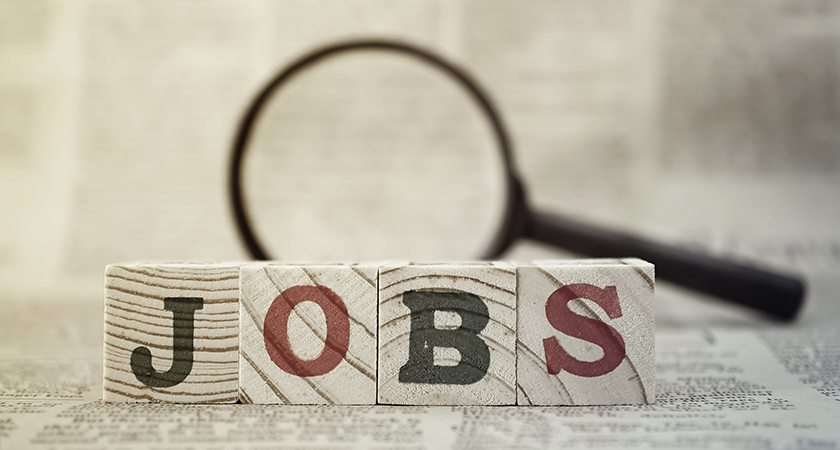IRISH people returning home for good have shared the most challenging aspects of going back to Ireland.
In a report by Crosscare Migrant Project, 400 Irish people returning to Ireland explained the most challenging aspects of returning to Ireland.
Most (41 per cent) had returned from Australia, Britain (23 per cent) and the US (9 per cent).
The majority were aged between 26-35, female, and with a spouse or a child, said the biggest challenges were sorting out insurance and banking, employment and accommodation as well as the emotional stress of moving home.
However, of those who responded, just over half said they were planning to permanently stay in Ireland, citing the need to be closer to family and raise children in Ireland.
What are the biggest challenges faced by Irish returning home?
 Lots referenced challenges in relation to paperwork, such as driving licenses, taxes and banking issues. (Picture: iStock)
Lots referenced challenges in relation to paperwork, such as driving licenses, taxes and banking issues. (Picture: iStock)Insurance and Administrative Issues
Driving licences, insurance and tax: Difficulties with car insurance, mainly to do with companies refusing no claims bonuses and clean driving licences from abroad.
Tax and revenue: Reference was made to the higher rate of taxes and levies such as the Universal Social Charge (USC) in Ireland.
Qualification recognition: Getting qualifications recognised in Ireland was referenced as a “long and difficult process” and costly.
Banking issues: Reference was made to the requirement of proof of address in order to open a bank account. This can cause delays whilst returnees seek accommodation and can act as a barrier to accessing other services.
 Finding employment was a main challenge. (Picture: iStock)
Finding employment was a main challenge. (Picture: iStock)Jobs
Finding employment came out as one of the most common challenges, in particular the length of time to secure employment, difficulty finding full time permanent work, or employment as an older worker.
Qualification recognition and registration was an issue mentioned, particularly in relation to teaching and medical professions, as well as recognition of experience abroad was seen as a challenge.
 Finding accommodation was another main challenge. (Picture: iStock)
Finding accommodation was another main challenge. (Picture: iStock)Accommodation
Renting Accommodation was described as a challenge and “nearly impossible” with a “lack of rental properties." For example, one person said they were “horrified at the cost of rent for substandard accommodation, it’s one thing paying high prices in London beside a tube stop, quite another in some Irish suburb with poor transport links."
Dublin Several responses referred specifically to the Dublin rental market, e.g. “Accommodation in Dublin is chaotic”, “rent costs too high”, “very hard to get and very expensive”, “accommodation is much more expensive than it used to be."
Potential home buyers also appear to be affected in Dublin with one respondent stating, “it is impossible to save for a mortgage given the exorbitant rents in Dublin. Finding a flat, when they are rented within hours of being advertised was extremely difficult."
Mortgages Acquiring a mortgage is described as a difficulty for some in relation to age, with one person stating, “Age discrimination is not illegal, e.g. in obtaining a mortgage pension income is not counted, foreign income is not counted, mortgage must be paid back by age 65”.
Another referred to income discrimination stating “none of the banks would recognise my employment history or proof of ability to earn."
Buying property Reference was made to difficulty in buying property to live in: “prospect of buying is also a bit depressing”, “lack of houses for sale in our chosen area”, and “ludicrous."
Another adds “it leaves us constantly thinking why is a country that is supposedly trying to recover putting so many obstacles in front of
me and making it so difficult." This particular respondent admits to considering leaving Ireland again on this basis.
 Changes to or loss of social support networks abroad were difficult for some on their return. (Picture: iStock)
Changes to or loss of social support networks abroad were difficult for some on their return. (Picture: iStock)Reintegration into Irish culture and emotional wellbeing
Reintegration into Irish culture: One-in-five people specifically referred to the challenges of ‘reintegrating’ back into the Irish community and their experiences in readapting to the culture, commenting on Irish attitudes being for example, “more closed and insular” and “patriarchal and conservative."
Others express their experiences of discrimination against their non-Irish born family members and a change in a returnees' accent.
Social support and emotional well-being: Almost the same amount of poeple specifically referred to changes to or loss of their social support networks abroad and in Ireland on their return, for example, having to leave friends in their adopted country.
On reconnecting with friends and support networks in Ireland, one woman noted that returning without her husband was hard, as he “couldn’t find suitable employment and has remained in Canada is very hard on our family. He misses the family and I’m trying to raise our four children alone until he can return."
One person also noted that moving away and back again had a profound impact on their mental health.
"Through the moves I developed various forms of anxiety. A psychologist in Oz told me he could not get over the amount of English and Irish he had in his clinic for anxiety and depression.”

